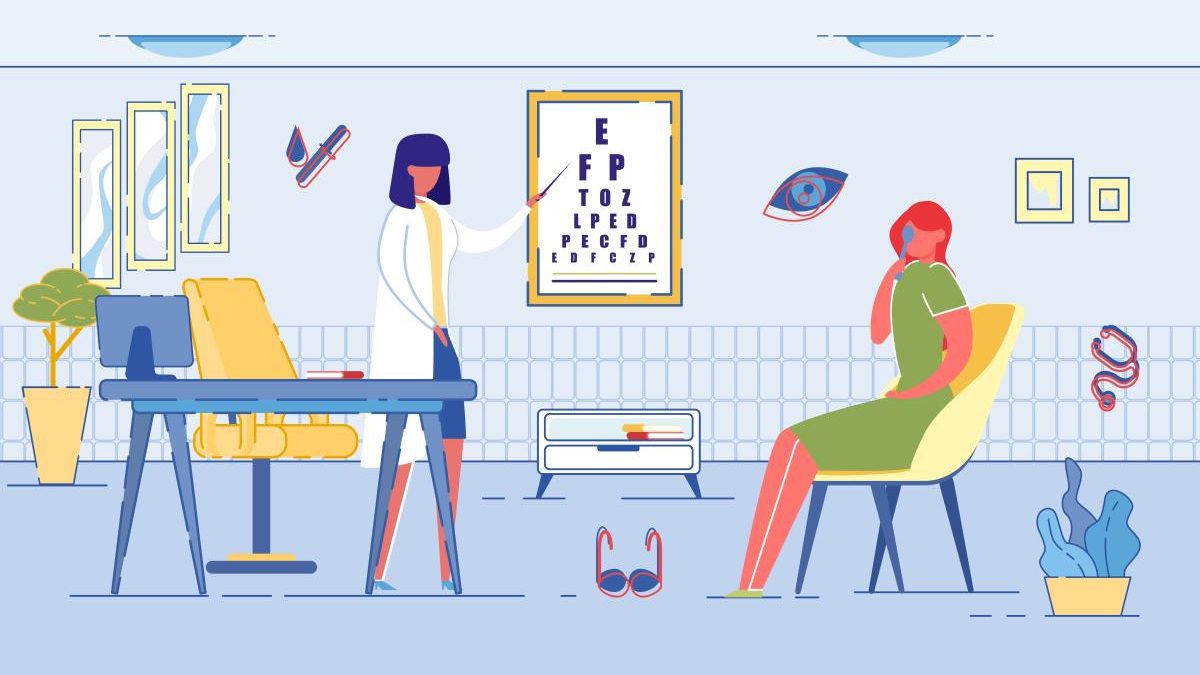There are various ways diabetes can affect your eyes. Some people develop diabetic retinopathy, which can lead to sight loss if not treated in time. It is frightening, but fortunately, there are ways to prevent it.
Causes
Diabetic retinopathy is an eye disease, and people with diabetes are at a higher risk of developing it. If your blood sugar levels and blood pressure are consistently high, it can seriously damage blood vessels, including those in the part of the eye called the retina. If that happens, the retina cannot get the blood it needs and cannot work properly. It means your vision will get worse.
Types
Diabetic retinopathy usually develops in stages, which are considered different types. Let’s talk about the four types of diabetic retinopathy.
- Stage one: background retinopathy. At this stage, your eyesight is not affected yet, but you need to take measures to prevent it from getting worse.
- Stage two: non-proliferative retinopathy. In this case, the damage is more serious. Therefore, it is needed to get eyes screened more often to monitor any changes.
- Stage three: proliferative retinopathy. Patients at this stage of the disease need treatment because they are at a higher risk of losing sight.
- Diabetic maculopathy. It is a different type of retinopathy that affects the middle part of the eye. With this condition, you might not be able to read or drive.
Preventing diabetic retinopathy
The damage from retinopathy is gradual. Because of that, it is possible to prevent diabetic retinopathy from getting worse.
Get your eyes screened. Eye screening is a way of diagnosing eye problems before you have any noticeable changes to your sight.
Patients with diabetes are encouraged to do it every year. It is always important to spot the condition as early as possible to treat it effectively and avoid complications.
Monitor any changes to your eyesight. Those can include:
- seeing floaters, which look like clouds, floating in and out of your vision;
- dimmer vision – like if you were wearing sunglasses all the time;
- problems with seeing in the dark.
Your vision can also get a little blurry if your blood sugar rises, even for a short time. To avoid that, manage your blood sugar levels, and when they are back to normal, your vision should become normal as well.
Keep track of blood sugar levels. It is one of the most important recommendations for people with diabetes. Knowing your target levels and regularly checking your blood sugars can help you significantly improve your health. Your healthcare team can advise you about the target sugar levels and help in achieving them.
Manage your cholesterol and blood pressure. These two factors are also crucial for preventing diabetes complications. High blood pressure and cholesterol levels can damage or block important blood vessels and lead to severe complications.
Diet and lifestyle. There are no specific foods that can prevent retinopathy. However, studies have shown that eating certain foods can help with blood pressure, sugar levels, and cholesterol. An active lifestyle is also your helper in achieving good results. In addition, you might need to reconsider your opinion about smoking. As you probably already know, it has a negative effect on your blood vessels.
More details:
Prediabetes and measures of prophylaxis
Differences between type 1 and type 2 diabetes
Causes, mechanisms of the disease development and symptoms (Diabetes mellitus type 1)
Causes, mechanisms of the disease development and symptoms (Diabetes mellitus type 2)
















Leave a Reply
You must be logged in to post a comment.